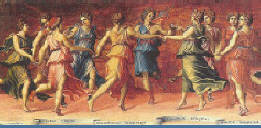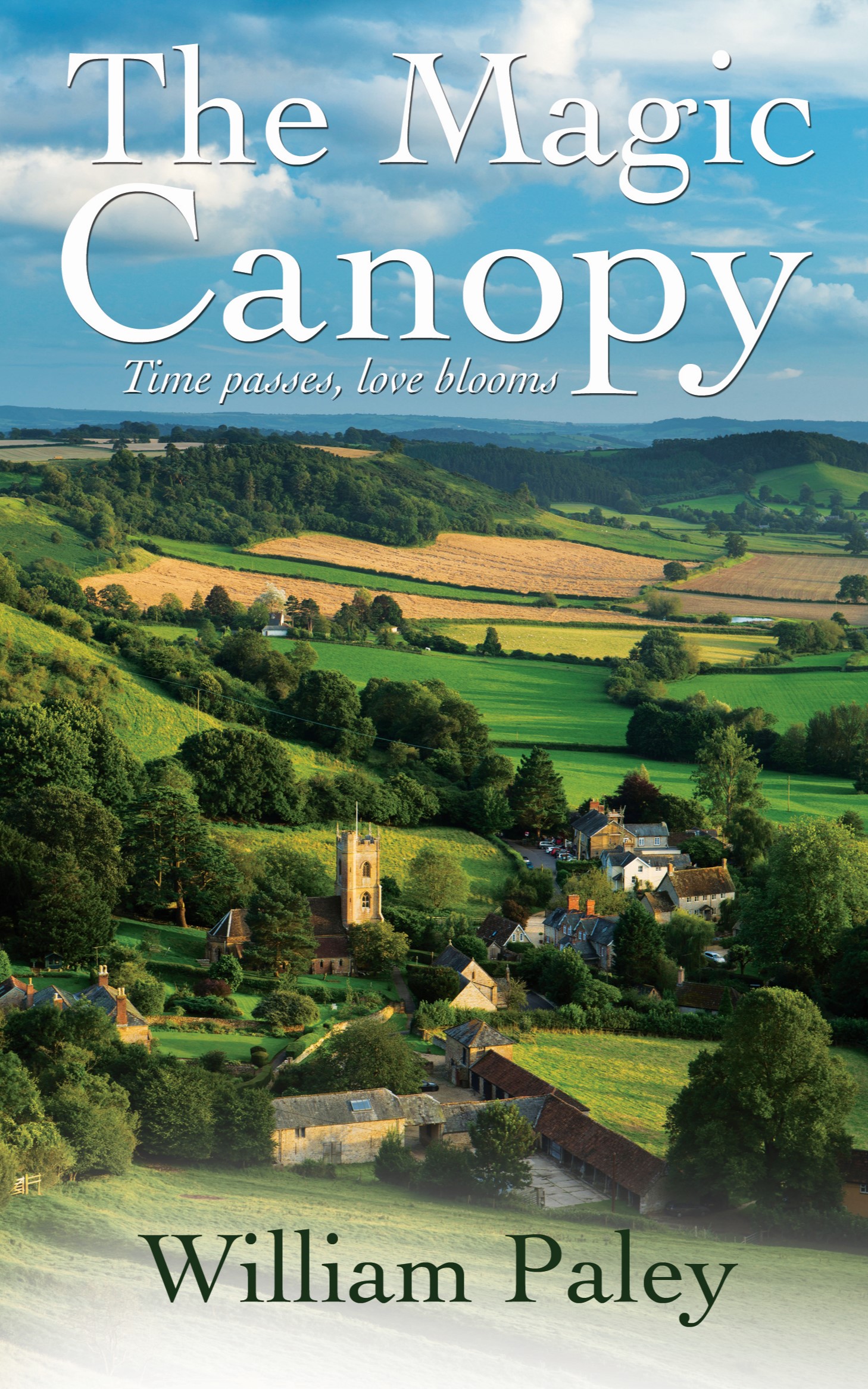|
|
The pretty village of Durnley in southern England is situated amid rolling countryside far
from the clamour of modernity. There is no murder, no crime and no disturbance except that
of the heart. But there is neither industry nor employment and, as a consequence, there are
few young people, who, as soon as they are able, move away to the town. An ageing
population remain to enjoy their quiet lives centred upon the church or their gardens and
eke out their pensions in genteel poverty but, nonetheless, are happy to live in a
village that seems to be blessed by an ambiance of peace and tranquillity.
It has its rail service to London, however, that proves a blessing to commuters who are
prepared to extend their day for the sake of the rural comforts of country walks and fulsome
blossom, of a cottage in the country or of a house amid the fields.
It has its church, the vicar of which has sought to serve his congregation not only by his
devoted service through the years but also by his encouragement of the several societies
which residents find so appealing to their creative ambitions.
It has, also, its pining lovers for whom the course of love does not run smooth but whose
lives this story is about.
The Magic Canopy was written in dismissal of the increasingly unhealthy mode of entertainment
that is thrust at us today. I reject the thought that the evil of multiple murder, crime and
the supernatural that currently dominates film and television has any reference to our
society. On the contrary, we live among ordinary people pursuing their lives in ordinary
ways, which, however, have special meaning to themselves and are exemplary to us all.
They are the people who are fundamentally decent, want to do a good job, work with
others, fulfil their ambitions and form families with the ones they love.
This is not a book without drama, however. Love never did run smooth but neither does life.
We show determination to succeed and make a contribution to humanity but are often thwarted
in a struggle for us to overcome our own deficiencies and the obstacles that we face.
The Magic Canopy portrays humanity centred upon a village in the Downs of southern England
where the good nature of the inhabitants is constrained by real or perceived problems in
fulfilling their desires. The long serving vicar of the community occupies a commenting
role in the novel and is dedicated to his parishioners even though he is about to retire
into genteel poverty. Numerous characters play, sometimes, minor roles but serve to
portray the world as it is; but the novel is, in large part, the story of lovers found,
parted and re-united in a conclusion that reflects society as it is and not as it is
too often distorted by sensationalists. My society is one where young and old, as well
as rich and poor seek their destinies. Their daily lives are spent as respectable
public personae although each has his or her private frustrations from which,
through perseverance, they are able to escape.
My inspiration was that of a near neighbour, also an author, who demonstrated
that we all have a story within us. I have also admired the works of George Eliot and Jane
Austen (but who could not do so) whose observations and slight humour are also my own. My
book places their villages into a modern context, however, and, in order to save my
readers' blushes, I draw on my poetry (written as David Paley) to express, in a delicate
manner, those matters which were unmentionable in their day.
Readers of this book will be those who share my view that we are not cursed or damned but are
free spirits making our way through the labyrinth of a modern world and attempting to make
it a place fit for a generous society untainted by evil. Whether we know why we are here
or not, we are not always capable of expressing our thoughts until some crisis demands
that we articulate them to the object of our affection (But Persuasion would have been
a very short book if Anne Elliot had confessed earlier). I hope my readers will be as
enchanted by the slowly unveiling solutions to my characters dilemmas as I was in
writing them.
|

